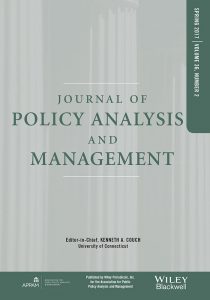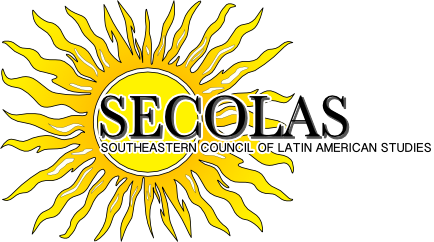Sniffing the City
What happens if some people decided to take control, in different ways, of their own images taken in public space by the millions of CCTV, by becoming conscientious actors and protagonists of the never ending film of the city (in London, there are more that half million of CCTV, 1 every 14 citizens)? What if some people started reclaiming, under the Data Protection Act, their own ‘performances’? To the extent, for instance, of making a music video, or an art installation? Or even a youth community project in alternative media practices thanks to ‘video sniffing’, that is, the hacking of loose digital videos from unencrypted cameras and their remixing. With a bit of poetry, we might even think to drifting through the policed city following the unpredictable waves of ethereal signals (a la Surrealists).
Media commentators are quick at condemning the increasing practice as illegal, but this is at very least a gray area: who does my picture, captured in public space, belong to? Whatever the techniques, it seems clear to me that what is at stake here is the narrative of CCTV as uncomplicated and self-evident. On the other hand, media and criminologists (alongside the expanding industry of the digital surveillance systems) make no mistake on the goals of this unprecedented mapping coverage of the urban population: the ideological and politicized program of urban restructuring must go on in the name of a “safer” public space.
![]() Mike Raco on gentrification (psu.edu free pdf)
Mike Raco on gentrification (psu.edu free pdf)
![]() Hille Koskela on video-surveillance (psu.edu free pdf)
Hille Koskela on video-surveillance (psu.edu free pdf)



















I wonder how the conception of ownership might shift depending upon the intended use of the image. For instance, it seems very different if sniffing is hacktivism or if it involves malicious intent towards the persons photographed?
Keri
You are absolutely right: think that sometimes we came up with pics of babies surveilled in their cots (which in itself is another good sociological topic)! Obviously, there are a lot of big ethical issues, but that is *exactly* the point of creating an inversion, a disorderly association of events, a chaotic and unpredictable montage of stolen clips, in order to unsettle established moral positions. So that at the end, you are not so sure who is in the right and who in the wrong.
Cheers. Paolo